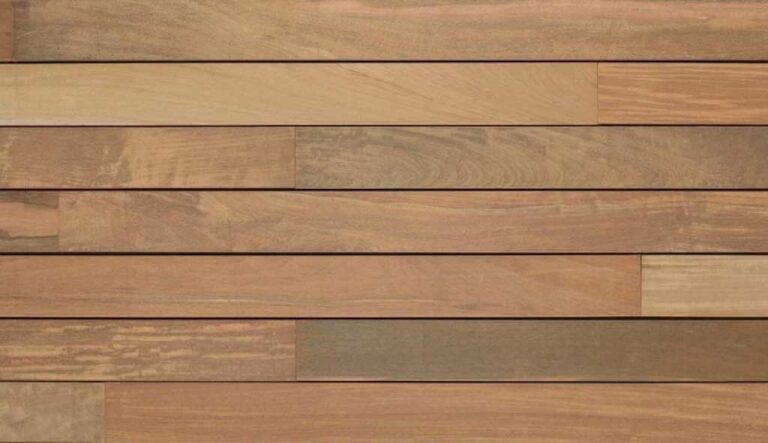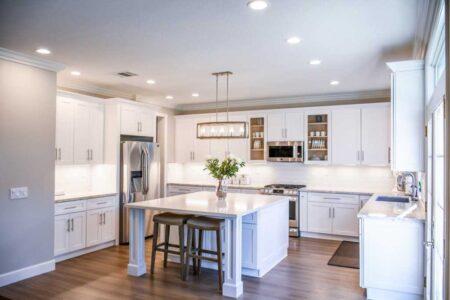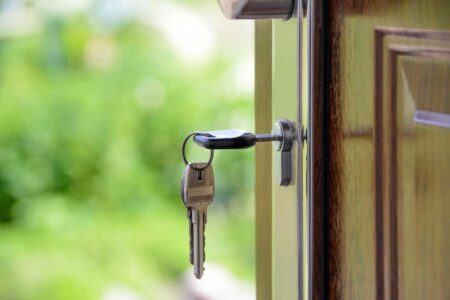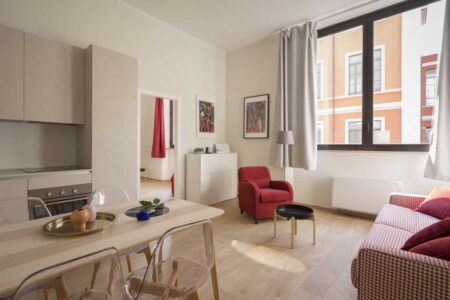When it comes to premium outdoor wood materials, hardwood ipe (buying here) stands out as a top choice among homeowners, architects, and builders alike. Known for its durability, resistance to harsh weather, and exceptional beauty, ipe Brazilian hardwood is one of the most sought-after materials for decking, cladding, and exterior structures. This article explores the key features, benefits, and uses of Brazilian hardwood ipe, helping you understand why it’s often referred to as the “ironwood” of decking.
What is Ipe Brazilian Hardwood?
Ipe, also known as Tabebuia spp., is a tropical hardwood native to Central and South America, with the highest quality coming from Brazil. It is commonly referred to as Brazilian hardwood ipe, and it is celebrated for its unmatched performance in outdoor settings.
Key Characteristics:
- Scientific Name: Handroanthus spp.
- Common Names: Ipe, Lapacho, Brazilian Walnut
- Color: Ranges from olive brown to deep reddish-brown
- Janka Hardness Rating: Approx. 3,680 lbf – among the hardest woods in the world
Features and Benefits of Hardwood Ipe
1. Exceptional Durability
Hardwood ipe is one of the most durable natural woods available. It can last over 40 years with minimal maintenance, even in extreme weather conditions.
2. Natural Resistance
Thanks to its high density and natural oils, ipe Brazilian hardwood is:
- Resistant to rot and decay
- Naturally insect-repellent, including termites
- Mold and mildew resistant
- Highly resistant to moisture absorption
3. Fire Resistance
One of the few wood species with a Class A fire rating (the same as concrete and steel), making Brazilian hardwood ipe suitable for both residential and commercial applications.
4. Stunning Aesthetic Appeal
Ipe Brazilian hardwood features rich, natural tones ranging from golden brown to dark chocolate hues. It can be left to weather into a beautiful silver-gray patina or maintained with oil to preserve its original color.
5. Low Maintenance
Although it requires periodic oiling if you want to maintain its rich tones, hardwood ipe does not splinter or warp easily, and it requires minimal cleaning.
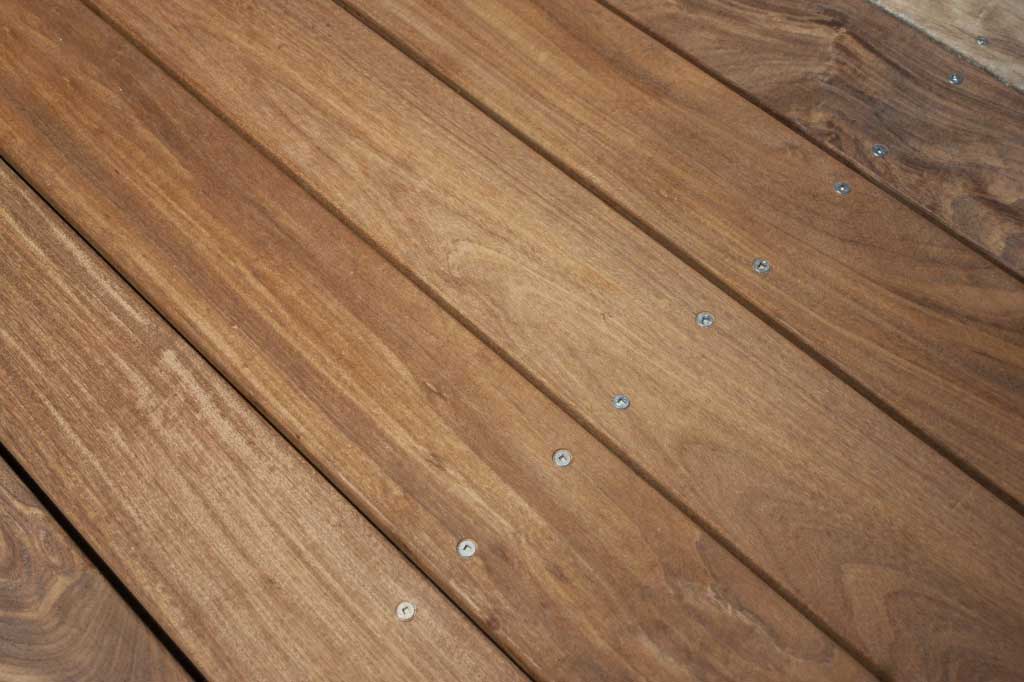
Common Applications of Brazilian Hardwood Ipe
Thanks to its strength and visual appeal, ipe Brazilian hardwood is used in a wide variety of applications:
- Decking: Its slip resistance and strength make it ideal for patios, pool decks, and docks.
- Cladding and Siding: Adds a luxurious and weatherproof finish to exteriors.
- Fencing and Gates: Strong and long-lasting fencing solution.
- Outdoor Furniture: Beautiful and resilient to weather exposure.
- Boardwalks and Bridges: Used in high-traffic public spaces (e.g., Coney Island boardwalk).
Sustainability and Sourcing
As a tropical hardwood, responsible sourcing of hardwood ipe is crucial. Always look for FSC-certified (Forest Stewardship Council) suppliers who provide ethically harvested wood. This ensures forest conservation and supports local communities.
Pros and Cons of Ipe Brazilian Hardwood
✅ Pros:
- Outstanding durability and longevity
- Natural resistance to elements
- Fire-rated and safe
- Luxurious, rich appearance
- Ideal for high-traffic or wet areas
❌ Cons:
- Heavier and denser than most woods (harder to work with)
- Requires pre-drilling for screws
- Higher initial cost
- Can fade if not maintained
Maintenance Tips for Ipe Hardwood
To get the most out of your Brazilian hardwood ipe investment, follow these maintenance tips:
- Cleaning: Wash annually with a deck cleaner and brush.
- Oiling: Apply UV-inhibiting oil once or twice a year to maintain original color.
- Fasteners: Use stainless steel or hidden fastener systems to prevent rust staining.
Conclusion
Whether you’re building a backyard deck or designing an upscale outdoor space, hardwood ipe is a timeless and high-performance choice. With its unmatched durability, beauty, and resistance to the elements, ipe Brazilian hardwood offers both functionality and elegance. Though it comes at a higher upfront cost, its low maintenance and longevity make it a cost-effective investment in the long term.
Choose ipe Brazilian hardwood for projects where quality, strength, and aesthetics cannot be compromised — it’s truly the gold standard in tropical hardwoods.
Source: Lumberpoint





